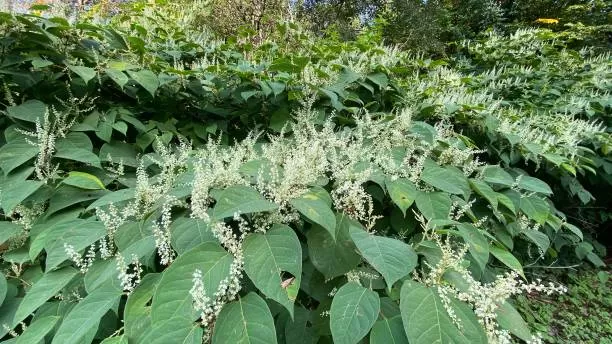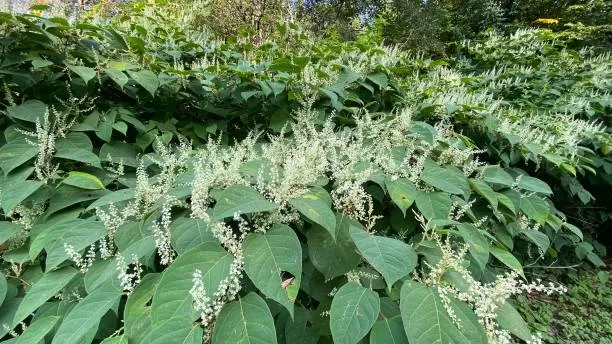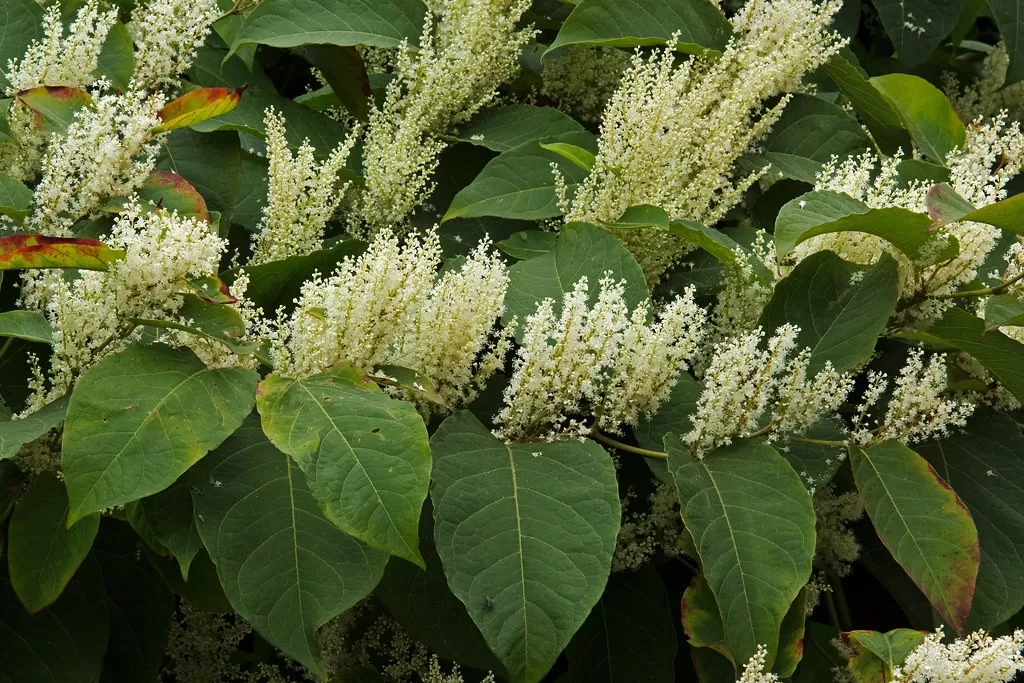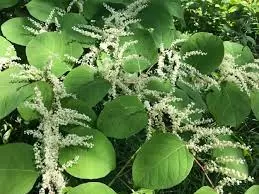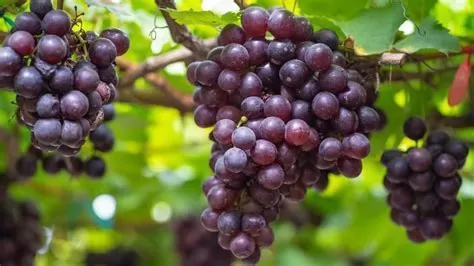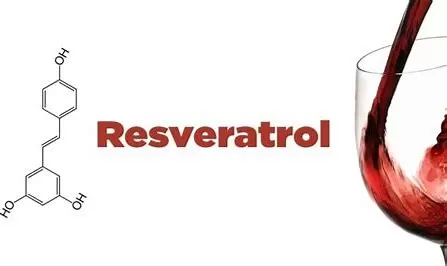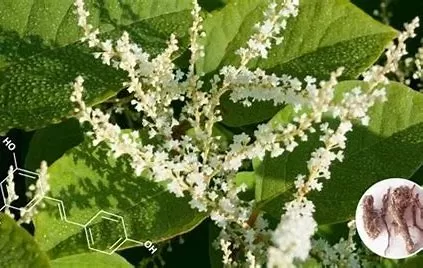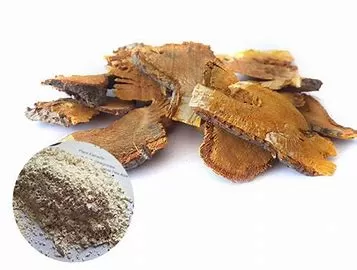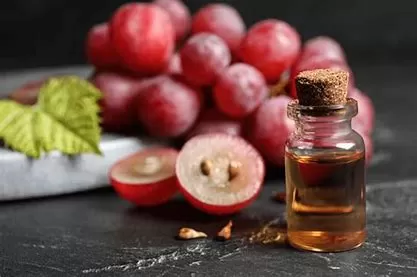- 0086-571-85302990
- sales@greenskybio.com
Alternatives to Resveratrol: What Might Be More Effective?
2025-04-25
Resveratrol, a naturally occurring polyphenolic compound found in grapes, red wine, berries, and peanuts, has gained widespread attention for its potential health benefits. Known for its antioxidant, anti-inflammatory, and cardio-protective properties, resveratrol has often been hailed as a wonder molecule, purportedly offering benefits that range from extending lifespan to reducing the risk of chronic diseases. Nonetheless, as interest in nutraceuticals and dietary supplements heightens, researchers and consumers alike are exploring other natural compounds that may match or even surpass the benefits of resveratrol. This article delves into some promising alternatives and examines whether they might be more effective.
Understanding Resveratrol's Benefits
To appreciate why individuals and researchers might seek alternatives to resveratrol, it's essential to understand what makes this compound so appealing. Resveratrol exerts its effects primarily through several pathways, including activating the sirtuin family of proteins that regulate cellular health, improving mitochondrial function, and reducing oxidative stress and inflammation. These characteristics suggest resveratrol could play roles in promoting heart health, enhancing brain function, supporting metabolism, and potentially increasing lifespan.
Despite these promising attributes, some limitations exist. Resveratrol's bioavailability—the extent and rate at which the active ingredient is absorbed and utilized by the body—is relatively low. This limitation challenges its efficacy in delivering its purported benefits, prompting interest in alternative antioxidants and phytonutrients that might offer more pronounced effects.
Promising Alternatives to Resveratrol
While resveratrol boasts a robust profile, several other compounds demonstrate potential equal to or exceeding that of resveratrol in specific health contexts. Here are a few that stand out:
1. Quercetin: A flavonoid present in onions, apples, berries, and tea, Quercetin shares several characteristics with resveratrol. It exhibits potent antioxidant and anti-inflammatory effects and has been studied for its capacity to protect against chronic conditions like heart disease and cancer. Unlike resveratrol, Quercetin has shown a higher bioavailability and might provide more reliable absorption in the body. Research suggests it can help modulate blood pressure, improve endothelial function, and may even offer neuroprotective benefits that extend beyond what resveratrol can provide.
2. Curcumin: The vibrant yellow compound found in turmeric, Curcumin is renowned for its potent anti-inflammatory and antioxidant properties. Unlike resveratrol's impact through sirtuins, Curcumin influences various molecular targets, making it a versatile option against conditions connected to chronic inflammation such as arthritis, cardiovascular diseases, and neurodegenerative disorders. While curcumin historically faces bioavailability challenges similar to resveratrol, innovative delivery methods (such as curcumin combined with piperine) have improved its efficacy, making it a strong candidate for those seeking natural health enhancers.
3. Epigallocatechin gallate (EGCG): A catechin abundant in green tea, EGCG boasts an impressive range of health benefits, from antioxidant activity to cancer prevention and cardiovascular protection. EGCG has demonstrated an ability to attenuate oxidative stress and inflammation, similar to resveratrol, while showing superior potential in fat metabolism and weight management, potentially making it a preferential supplement for metabolic health.
4. **Astaxanthin**: Known as the "king of carotenoids," astaxanthin is a red pigment found in seafood like salmon and shrimp. Astaxanthin is revered for its superior antioxidant activity, reportedly ten times more effective than other carotenoids and numerous times more potent than resveratrol in neutralizing free radicals. It supports skin health, eye health, and physical endurance, positioning it as an attractive alternative for comprehensive wellness.
5. Pterostilbene: A compound structurally similar to resveratrol, pterostilbene offers comparable benefits but with enhanced bioavailability, leading to more effective concentrations in the body. Found in blueberries and grapes, pterostilbene mirrors resveratrol's antioxidant and anti-inflammatory effects while also exerting potential benefits on cognitive function and reducing the risk factors for metabolic syndrome.
Evaluating Prospective Alternatives
When considering potential alternatives to resveratrol, several factors should be assessed, including bioavailability, the range of benefits, efficacy, and safety profile. While resveratrol holds a reputable position due to its diversity in benefits, its low bioavailability and limited human studies on long-term effects suggest the need for alternatives that can deliver consistent and robust results.
To determine which alternative might be most beneficial depends largely on individual health goals and conditions. For instance, EGCG may be optimal for those interested in metabolic support, while curcumin's anti-inflammatory effects make it well-suited for individuals dealing with chronic inflammatory conditions.
The Role of Multi-Compound Formulations
Given the unique advantages of each compound, another increasingly popular approach is the use of multi-compound formulations. Combining resveratrol with other polyphenols like quercetin, curcumin, or EGCG might synergistically enhance overall efficacy, capitalizing on resveratrol's benefits while overcoming individual limitations.
Conclusion
While resveratrol remains an icon in the realm of natural compounds for health promotion, exploring complementary or alternative options can be advantageous for certain health objectives. Compounds such as quercetin, curcumin, EGCG, astaxanthin, and pterostilbene each offer compelling profiles that may align with diverse wellness goals. Evaluating these alternatives based on individual needs, backed by ongoing research and healthcare consultation, can provide a well-rounded approach to optimizing health naturally. As scientific understanding of these compounds deepens, the potential for precise and effective supplementation strategies continues to expand, promising exciting developments in the field of nutraceuticals.
-
Is resveratrol safe for the liver?
2025-04-25
-
Does Coffee Contain Resveratrol?
2025-04-25
-
What fruit is highest in resveratrol?
2025-04-25
-
Is resveratrol safe for kidneys?
2025-04-25





